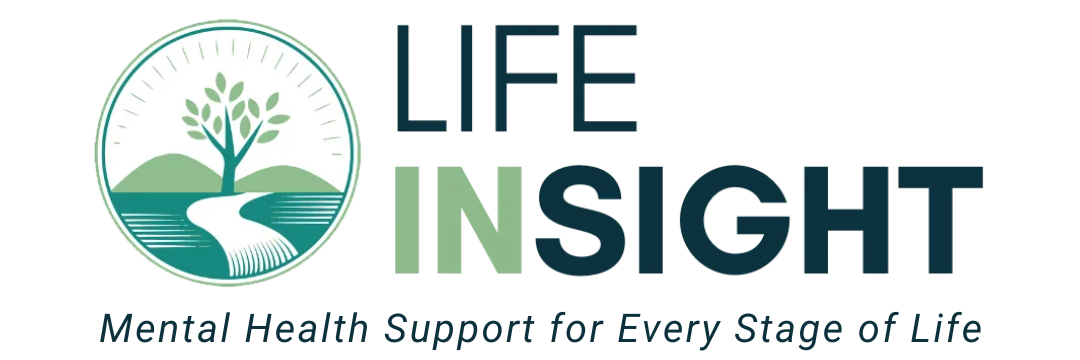Navigating Healthy Communication
Life InSight
We’ve all heard the age-old adage – “the key to a healthy relationship is communication.” While this advice is sound, it’s also quite vague. In this post, we'll explore four common patterns identified by the Gottman Institute that can disrupt healthy communication, whether between parent and child or between any two people. While identifying these patterns, we'll present practical remedies to transform these missteps into opportunities for growth and understanding.
Criticism: Recognizing the Blame Game
Criticism refers to the act of expressing judgment about someone, often pointing out perceived faults, shortcomings, or mistakes. It entails making personal, verbal attacks and is more than just voicing a complaint about a specific issue. This pattern can be detrimental especially in parent-child dynamics. The solution lies in expressing concerns without blame. Utilize "I statements" to convey your needs, fostering an environment where communication focuses on feelings and needs rather than accusations. For example, rather than stating, "You did badly on your math test. You never try hard enough," you can try saying "I am worried your recent math grade and would like to talk about it with you."
Contempt: Shifting to Positivity
Contempt means treating others with disrespect, mocking or ridiculing them with sarcasm, name calling, and using body language such as eye rolling or scoffing. In short, being mean. Contempt is even worse than criticism as it conveys a position of moral superiority over the person you are talking to. The healthier approach is creating a culture of appreciation and admiration. If you regularly express affection and gratitude, it will shift your relationship to be more positive. Instead of saying something like, "Ugh, what is wrong with you? When I was your age, I always got up on time," you can replace it with, "I know it has been difficult getting to sleep on time recently. Maybe you could try setting more alarms? I would appreciate that."
Defensiveness: Embracing Responsibility
Defensiveness is typically a response to criticism and is incredibly common in all relationships. When we feel accused, we might try to play the victim or use excuses to get out of the conversation. The problem is, by doing so we communicate we don’t take the complaint being presented seriously. The remedy is accepting responsibility. By owning our part in a conflict or issue, we not only validate the concern, but also express we are willing to share the load in figuring it out. Rather than saying, "I’m too busy to wash the dishes right now. You know I have that huge project due tomorrow!" you can share, "I forgot to do them. I should have let you know I would be busy with my project today and wouldn’t get to them until later."
Stonewalling: Taking a Break for Clearer Conversations
Stonewalling is when someone completely withdraws from a conversation by no longer responding. It typically happens when we feel flooded and overwhelmed with emotion. The solution is to take a break to allow emotions to cool down, engaging in relaxing activities before resuming the conversation with a clearer perspective. For example, instead of remaining silent in response to your partner sharing, you can try saying, "Sorry to interrupt, I’m actually feeling pretty overwhelmed right now. Can we take a break and continue this in 30 minutes?"
Awareness of these flawed communication styles is the first step toward fostering healthier interactions. By implementing these new approaches to your communication, we can transform moments of tension into opportunities for understanding and connection, ultimately enhancing the overall satisfaction of your relationships!
About Life InSight Center
At Life InSight, we offer comprehensive evaluations & individualized therapy focused on supporting families to achieve the right balance for their emotional, academic, and social success. If you or your child is struggling emotionally, socially, or academically, Life InSight will help diagnose the problem and find a comprehensive solution. We offer a complete range of Diagnostic Evaluations; Individual, Group, and Family Therapy; as well as School Consultation, IEP Planning, and Program Review. Our mission is to restore & rebuild lives by empowering our families to grow and develop.





